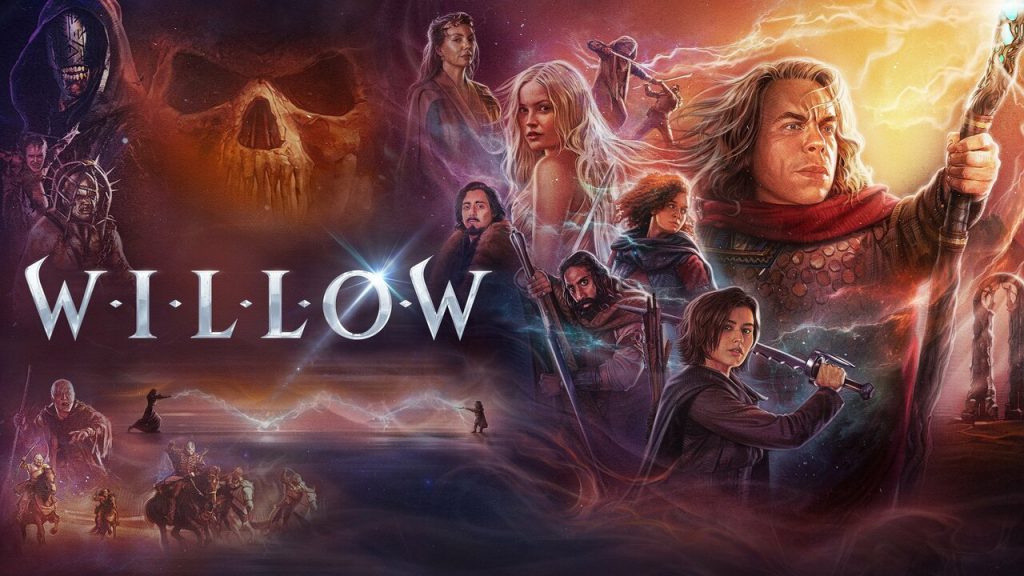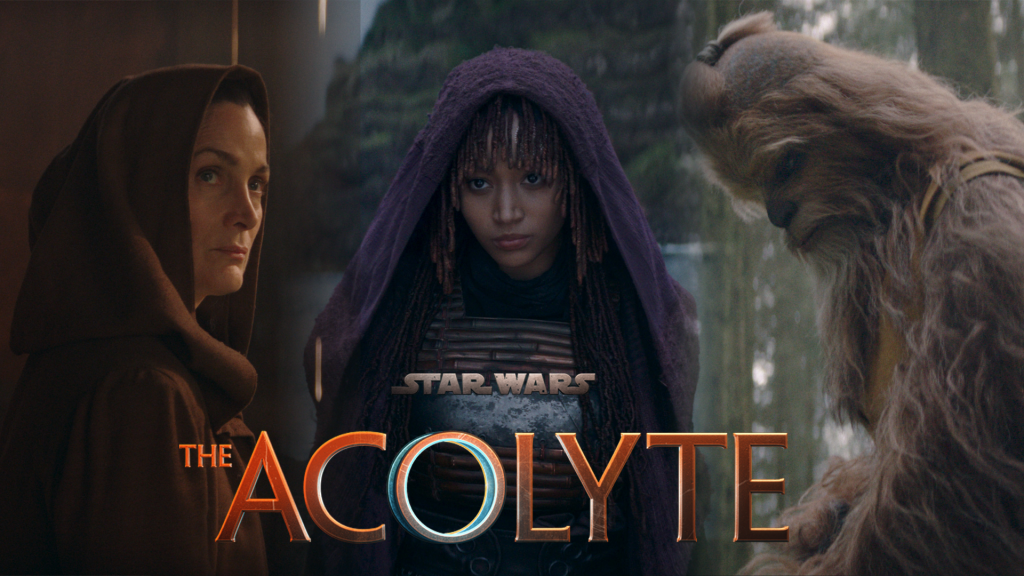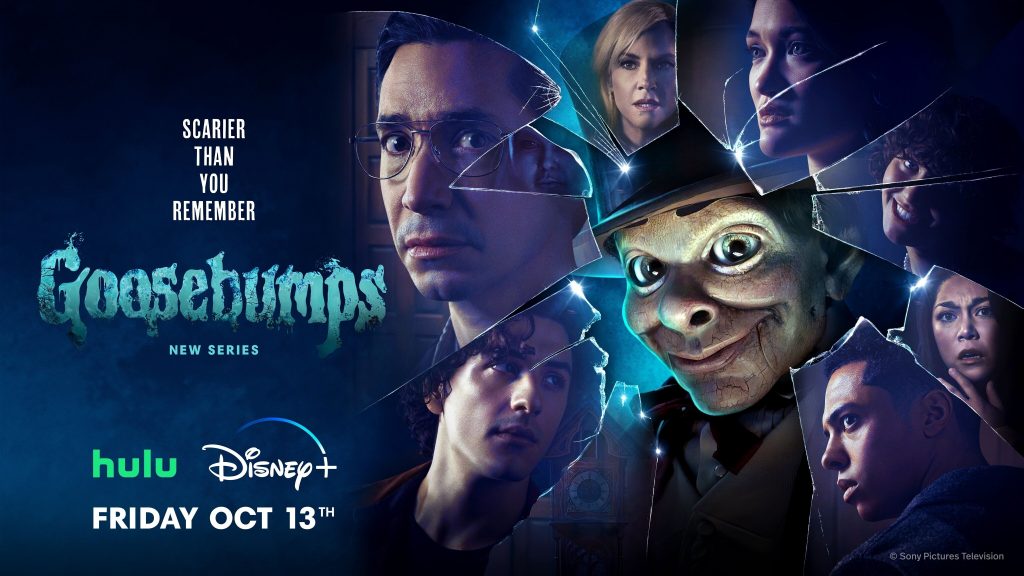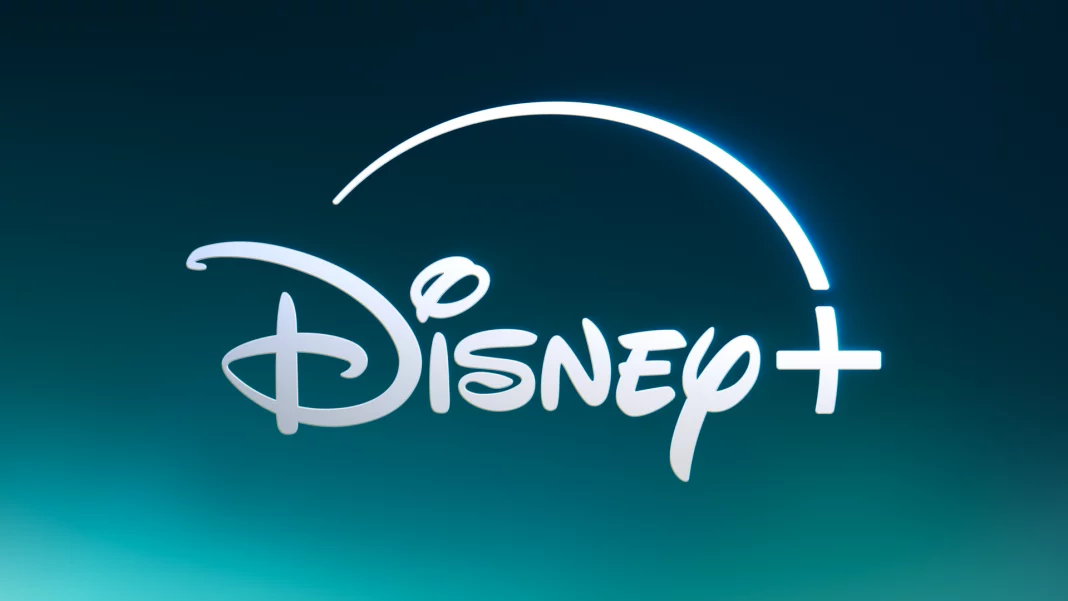The Alarming Erosion of Queer Content
In recent months, an unmistakable trend has taken shape: Disney+, once a haven for progressive storytelling, is quietly retreating from its commitment to LGBTQ+ narratives. As shows vanish and storylines are altered, this shift signals not only a content recalibration but a worrying cultural reversal—one that could reshape the future of queer visibility in media.
A Slew of Disappearances and Cancellations

1. Willow – The fantasy series featuring a sapphic romance between Princess Kit and Jade was not only canceled, but also removed entirely from Disney+, erasing one of its rare queer youth narratives.

2. The Acolyte – Disney’s Star Wars spinoff, celebrated for its inclusion of queer and people-of-color characters, was canceled after one season. A Disney executive cited its massive cost—$230 million—for the decision, but also acknowledged that backlash from conservative segments unhappy with its inclusivity likely played a role.

3. Goosebumps – Beloved by audiences, with queer storylines woven into its cast, this series was canceled after two seasons and joined Willow in removal from the platform.
Beyond cancellations, Disney has actively edited queer representation:
- Win or Lose: Pixar’s upcoming series originally included a transgender character whose identity is central to her storyline. Disney removed all references to her transgender identity, and the actor, Chanel Stewart, revealed her character was re-written as “a straight cis girl.” She expressed feeling “very disheartened” by the erasure.
- Other projects reportedly adjusted under corporate pressure include Inside Out 2, where a hinted queer relationship was potentially minimized, and Elio, where the lead character was originally queer-coded but reworked to appear more “masculine”.
- A rumored Moon Girl and Devil Dinosaur episode focused on a trans athlete was reportedly shelved entirely after the 2024 U.S. presidential election, according to insiders.
Industry-Wide Retreats—from Netflix to Peacock
These worrying developments aren’t confined to Disney. Platforms across the industry are trimming queer-inclusive projects amid cost pressures and shifting strategies:
- Netflix has dropped multiple LGBTQ+ animated series—Tuca & Bertie, Q-Force, Dead End: Paranormal Park, Hoops, and Twelve Forever—leaving fans stunned by the abrupt loss of queer storytelling.
- A broader look reveals that a number of streaming services—including Max, Hulu, and Paramount+—have also axed queer content. Diary of a Future President and Big Shot vanished from Disney+, while Camping, Dollface, and 12 Dates of Christmas disappeared from others.
- On Paramount+, queer-driven shows such as The L Word: Generation Q, Queen of the Universe, and Grease: Rise of the Pink Ladies were canceled or delisted; similarly, Single Drunk Female was pulled from Hulu shortly after its cancellation.
Cultural Ramifications: A Grim Warning
These decisions are more than business—they are symptomatic of a retreat from queer visibility at a time when representation matters most. A once-growing beacon of inclusive storytelling is flickering, signaling danger for younger audiences seeking mirrors of themselves.
If queer youth see fewer stories that affirm their identity, if platforms deem such content too risky or expensive, the repercussions may reverberate beyond screens—eroding societal acceptance and diminishing the promise of entertainment as a force for progress.
Voices from the Community
A Reddit user grieving the removal of Willow put it bluntly:
“We finally had some actually healthy and good lesbian representation in high fantasy and now they’re taking it away…” Reddit
Another lamented how shows like Moon Girl and Devil Dinosaur, rich with trans characters and queer subtext, barely make it through:
“There is no shortage of Disney being scummy… They only allow representation they feel is safe. It’s rainbow capitalism.” Reddit
A Call to Vigilance
This retreat of queer narratives is no longer subtle—it’s structural. The erasure of vital stories is accelerating under the guise of cost-cutting and “parental sensitivity,” but its impact is deeply ideological.
As media consumers, we must press streaming platforms—not just Disney, but all of them—to uphold the visibility of LGBTQ+ lives. Representation is not a luxury; it is central to inclusive storytelling and a just, empathetic society. The future may already be here—and without resistance, it may be dimmer than we hoped.


